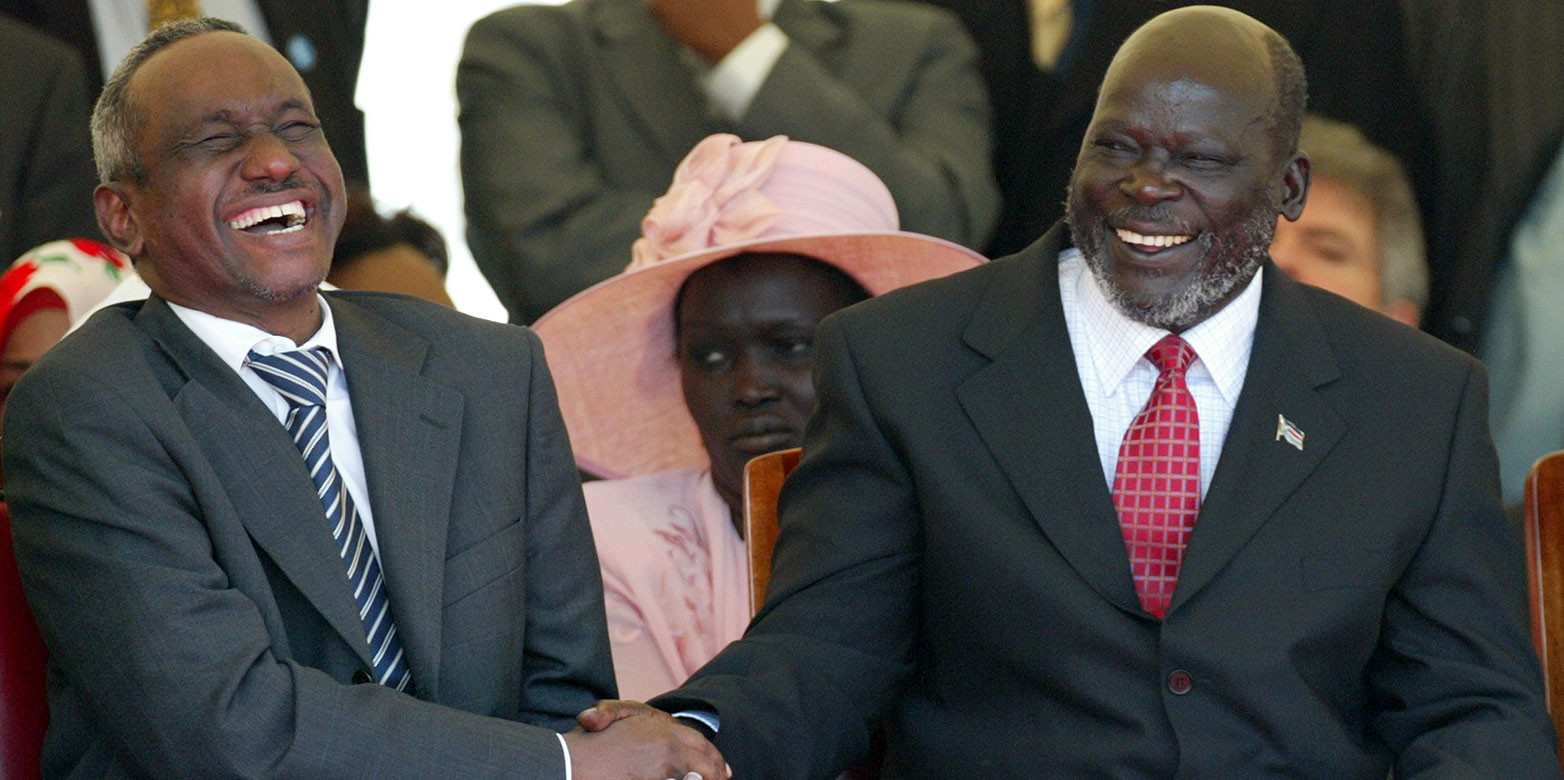Introducing an Agenda-based Measurement of Mediation Success: The Divergent Effects of the Manipulation Strategy in African Civil Wars
What accounts for successful mediation in peace talks? This article by Allard Duursma and Isak Svensson argues that one insightful and innovative way to answer this question is to take the agenda of mediators into account. Based on this novel conception, the text’s authors find that a “sticks and carrots” approach is only effective when the goal of the negotiations is concluding an agreement, but ineffective when the goal is formulating an agenda for negotiations or implementing an agreement.

Previous quantitative mediation research has relied on generalized measurements of “mediation success,” such as agreements, ceasefires or peace durability. However, these measurements of success do not take into account what mediators were mandated to achieve. This article proposes to benchmark outcomes against the explicit mandates of the interventions, a novel way of conceptualizing mediation success. Utilizing data on the agendas of mediated negotiations in intrastate armed conflicts in Africa between 1990 and 2010 as a proxy for mediation mandates, the text’s authors examine the relative effectiveness of manipulation as a mediation strategy. The study shows, in contrast to previous research, that third party manipulation does not have a significant effect on whether the goal of a given round of negotiations is achieved and, that under some circumstances, may decrease the likelihood of mediation success. The text’s authors also discuss the opportunities as well as limitations of a mandate-based approach to the study of mediation success.
external pageTo the publication in "International Negotiation"
